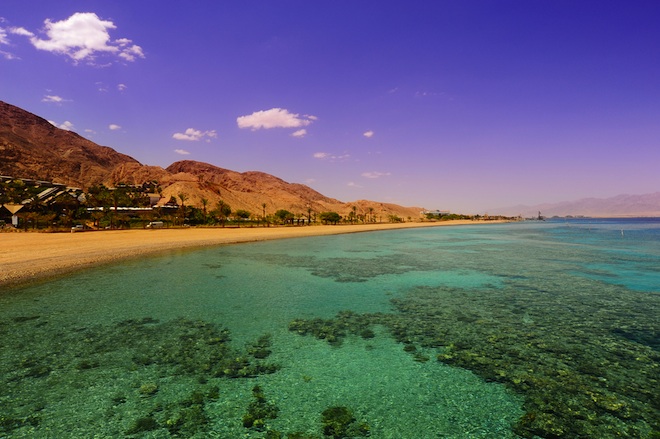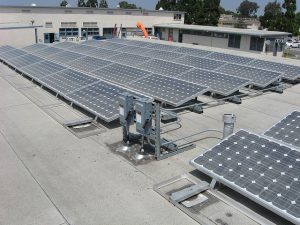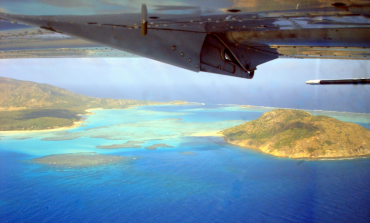 When the $10 billion Red-Dead Canal plan got the axe earlier in August, we discussed plan B for restoring some sense of water security to northern Jordan: a smaller desalination plant in Wadi Araba to trade water with Israel and Palestine.
When the $10 billion Red-Dead Canal plan got the axe earlier in August, we discussed plan B for restoring some sense of water security to northern Jordan: a smaller desalination plant in Wadi Araba to trade water with Israel and Palestine.
Sure enough, just a couple of weeks later, Jordanian Prime Minister Abdullah Ensour announced that as a matter of strategic national interest, the Kingdom will trade water with Israel.
Jordan will sell water produced by a new Red Sea desalination project to their neighbor to the West, in return for which Israel will transfer 50 million cubic meters of water taken from the Tiberian reservoir to the northern section of the Kingdom, which has been especially hard pressed to provide a decent supply of water since hundreds of thousands of refugees have spilled across its borders.
Expected to cost just $1 billion, at least 30 percent of which the government hopes to finance through grants, the project is expensive, but far less expensive than the controversial Red-Dead Canal plan that would have had a negative impact on the Dead Sea’s ecological health.
It is also cheaper than piping water from the desalination plant to the north, Jordan Times reports, as water from the (radioactive) Disi water aquifer.
Some brine will still be pumped into the Dead Sea, which is problematic since the Red Sea’s sulphate mixed with the Dead Sea’s calcium is expected to leave a film of white gypsum on the water, and Jordan is bound to face some kind of political backlash given the sensitive state of affairs in Egypt, Lebanon, Syria, and now Turkey, not to mention Israel and Iran’s hate affair, for making friends with the “devil.”
Perhaps to deflect this kind of negative attention, Minister of Water and Irrigation Hazem Nasser pointed out at a recent press conference that an agreement for such a water trade is already covered under Article 2 of the peace treaty signed with Israel in 1994.
As a result, Jordan won’t have to sign a new treaty with Israel, said Nasser. A tender for the project will be released some time later this year.
Nasser insists that this (sort of new) agreement with Israel solves two environmental issues at once: it will restore some of the Dead Sea’s water levels, and provide clean drinking water.
Jordan Times has the rest of the details
Image of Red Sea coastline, Shutterstock




Thanks Oliver. As I understand it, the price includes the infrastructure necessary for transportation of the water, but yes, I agree that decentralization makes much more sense.
Good article – as usual. If I read correctly, a new desalination plant costs 1 billion USD? For that amount of money you can get thousands of smaller decentralised and solar/wind powered desalination systems dotted all over the place with less hazzle of operating costs or distriubution issues yet with much greater redundancies and much lower operating risks. Amazing that the lesson of decentralised (solar) power production has still not learned on the desalination side.